The US Commerce Department is indefinitely extending export exemptions for South Korean and Taiwanese chipmakers that use US technology.
The exemption was originally set to expire in October 2023, a year after Washington implemented a policy to tighten restrictions on exports of semiconductor technology and equipment to the world's second-largest economy .
Among the beneficiaries is Samsung Electronics, which has spent 2022 accelerating the delivery of equipment to its chipmaking facility, located 30 kilometers (19 miles) from central Xi’an. The plant produces NAND flash memory, which supplies smartphone and computer makers across China, including Apple, HP, and Dell.
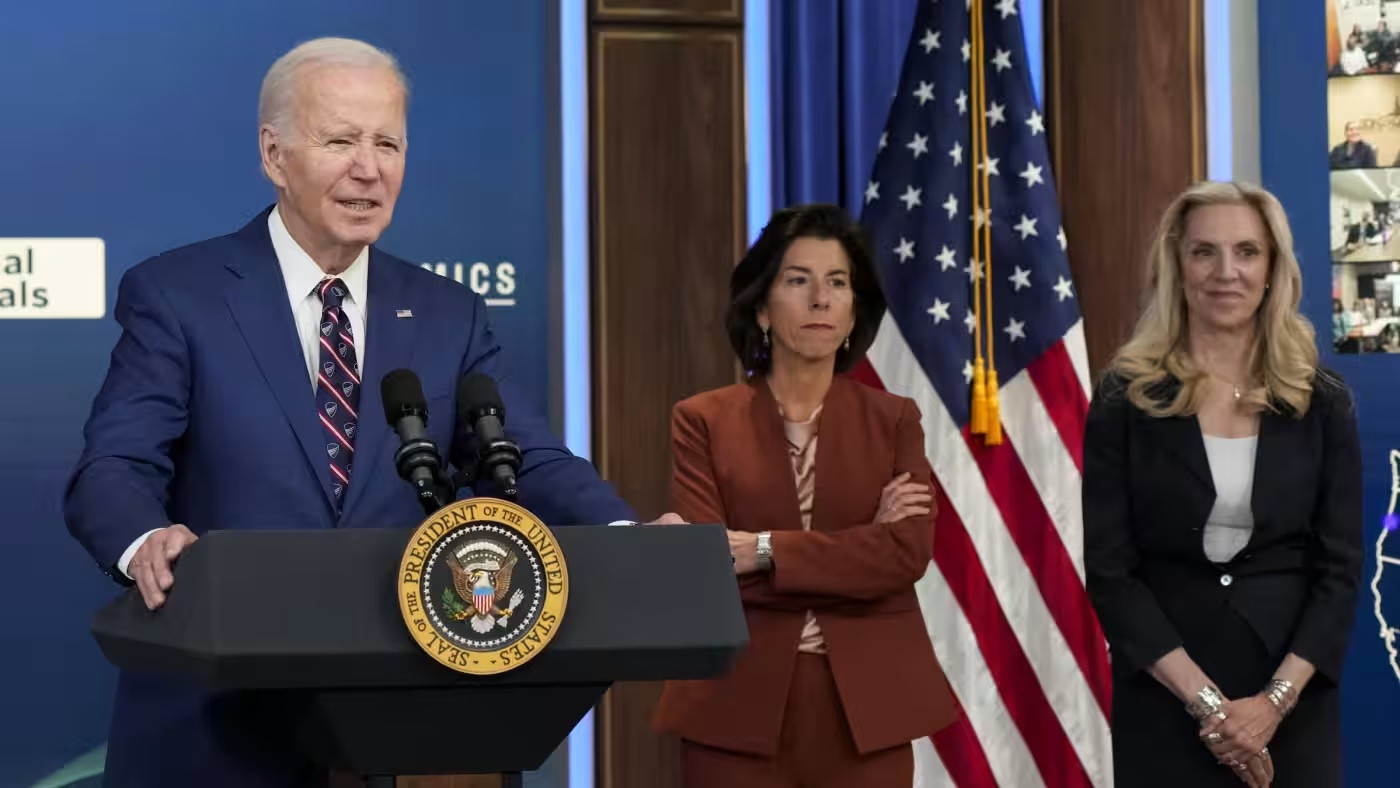
In addition to Samsung, SK Hynix and Taiwan Semiconductor Manufacturing Co (TSMC) also operate semiconductor factories in the mainland. The companies have sought to extend the export exemptions.
Their American partners are in agreement. Apple assembles more than 80% of its iPhones in China, while HP and Dell also rely heavily on manufacturing there, which would be affected if the supply of advanced semiconductors from South Korean and Taiwanese companies were disrupted.
The US is determined not to “fall behind” China in the chip technology race. But the country is shifting to a slower approach, fearing that a hasty exit could harm national interests.
At a House committee hearing in September, Commerce Secretary Raimondo said that “taking a long-term view over the next five or six years, we can achieve much of what we originally set out to do.”
For companies that enjoy export exemptions, they also hope to “de-China” in the medium to long term. For example, Samsung is discussing withdrawing its benefits from the Xi’an plant by 2028. The first step is to stop investing in advanced systems, before reducing the proportion of products made in China.
However, whether the US strategy will succeed or not is still unclear, as China is spending heavily to improve its semiconductor self-sufficiency.
In August, Huawei Technologies unexpectedly launched a smartphone equipped with a 7-nanometer (nm) chip, which was on Washington's blacklist, raising suspicions that US technology was somehow used in the development process.
Although this technology is considered about 5 years behind the 3nm process being mass produced by TSMC and Samsung, it still shows a breakthrough in mainland semiconductor technology.
There are ways to circumvent US restrictions, such as importing equipment through third countries, said a technical adviser to a Chinese semiconductor manufacturer. In addition, many engineers from South Korea and Taiwan are moving to the country, bringing their expertise with them.
(According to NikkeiAsia)
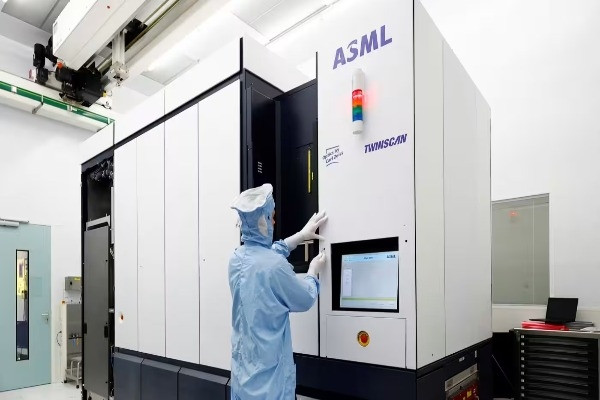
China's semiconductor future is more uncertain before the upcoming 'storm' of sanctions
Chinese semiconductor makers are rushing to buy ASML's chip foundry equipment ahead of new export restrictions that could come into effect later this month, but an uncertain future still lies ahead for the mainland's industry.
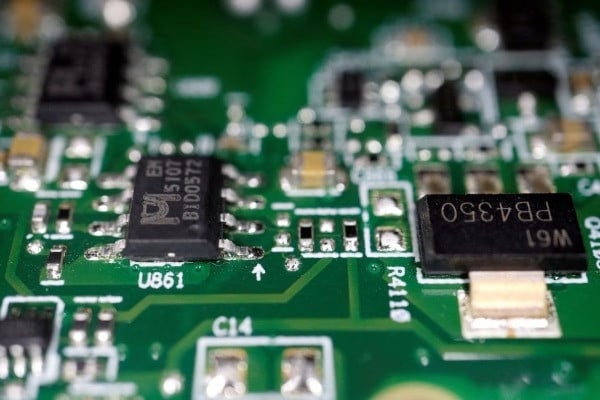
How the US is patching the 'loophole' in its policy of embargoing Chinese semiconductors
Reuters quoted a US official as saying that the country will take necessary steps to prevent manufacturers from "circumventing the law" in exporting semiconductors to Beijing.
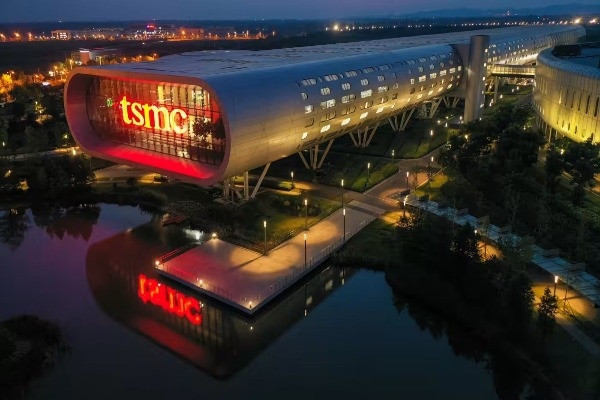
TSMC finds a way to stay out of the US-China semiconductor war
TSMC is applying for a permanent license to ship US chip equipment to its manufacturing facility in Nanjing, China.
Source




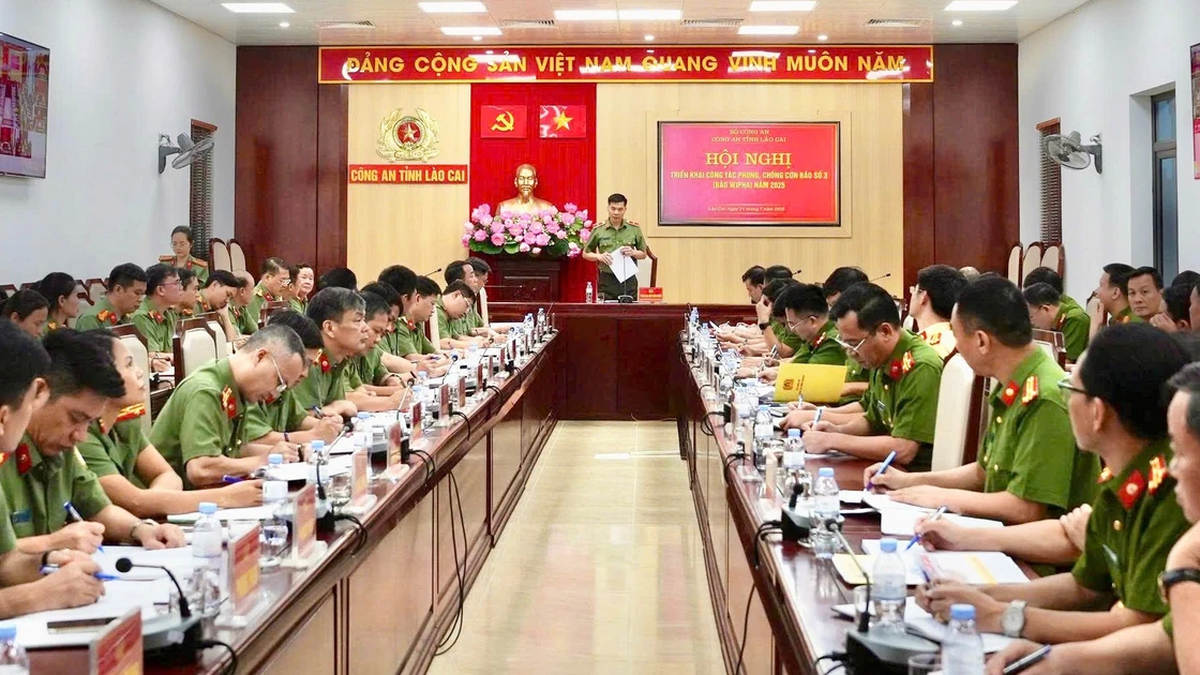

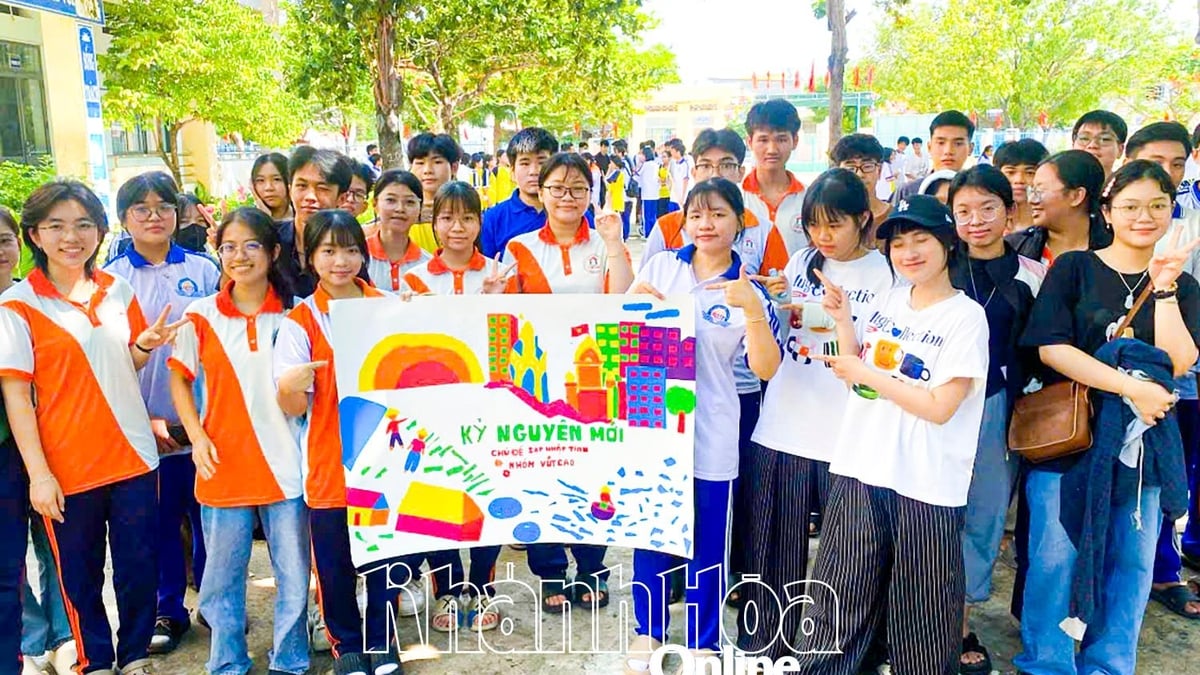


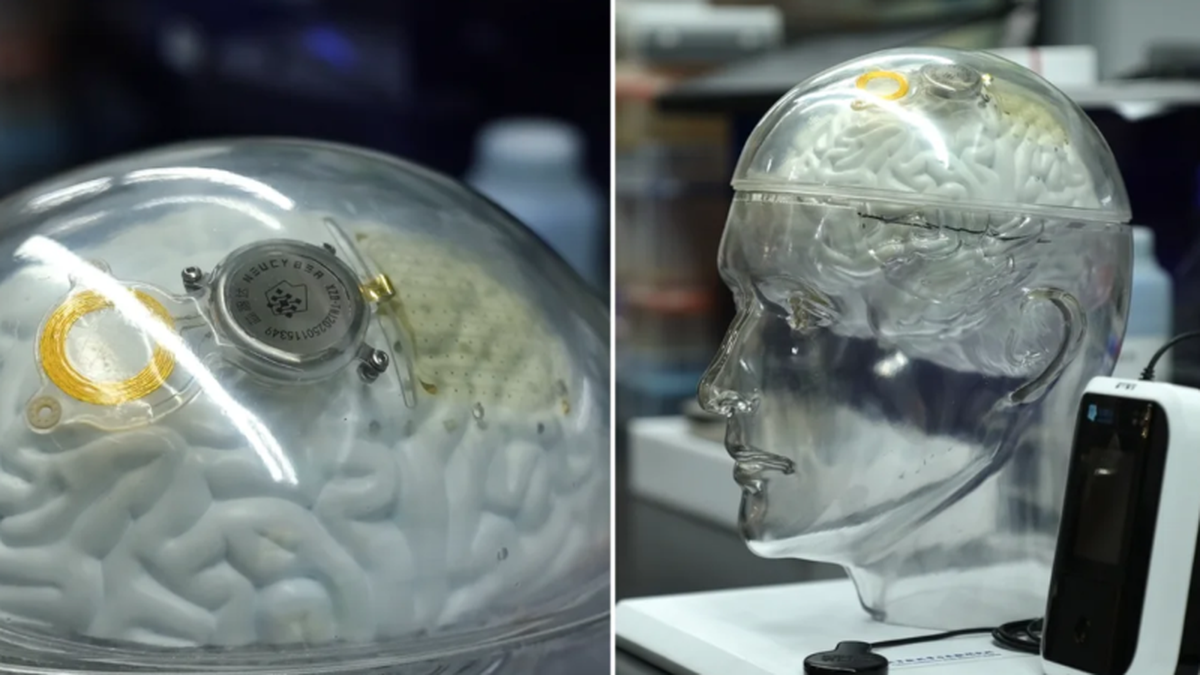












![[Photo] National Assembly Chairman Tran Thanh Man visits Vietnamese Heroic Mother Ta Thi Tran](https://vphoto.vietnam.vn/thumb/1200x675/vietnam/resource/IMAGE/2025/7/20/765c0bd057dd44ad83ab89fe0255b783)















































































Comment (0)